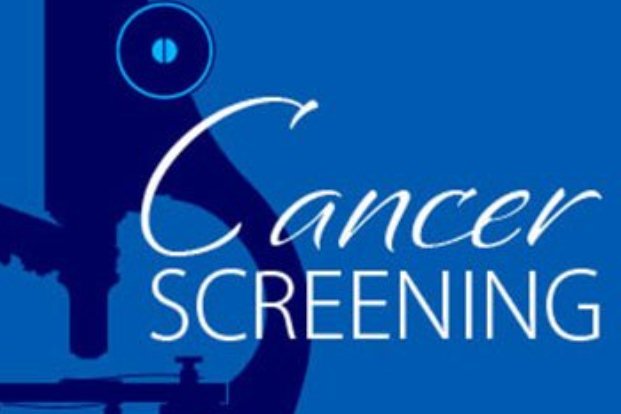Colon polyps , Cancer and screening
Apr 19, 2022
Every year more than 1 million Indians are diagnosed with colorectal cancer. It is the 2nd most common form of cancer in the world. It is fortunately also 1 of the most curable form of the disease due to advancement in early detection & treatment. Through the use of various screening tests, it has become possible to prevent, identify & treat this disease long before the appearance of symptoms.

Importance of screening in Colorectal Cancer:
Almost every colorectal cancer begins as polyps, non-cancerous (benign) growths within tissues lining the rectum and colon. Cancer develops when such polyps grow & abnormal cells develop & start invading surrounding tissues. Removal of the polyps could prevent the development of colorectal cancer. Almost every precancerous polyp could be painlessly removed by the use of a flexible lighted tube known as colonoscopy. If not identified in the early phases, colorectal cancer could spread throughout our body. More advanced cancer needs a more complicated form of surgical techniques.
Most of the early forms of colorectal cancer don’t lead to symptoms which make the screening very important. With the occurrence of symptoms, cancer may already appear very advanced. Symptoms comprise of blood on or even mixed in with stool, narrowing of stool, change in bowel habits, abdominal pain, loss of weight or also constant tiredness.
Diagnosis of Colorectal Cancer:
Most of the cases of colorectal cancer are identified in 1 of 4 ways:-
- Through screening individuals with average risk of colorectal cancer beginning at 50 years of age
- Through screening individuals with higher risk of colorectal cancer i.e. the ones who have a personal or a family history of cancer or colon polyps.
- Through investigation of bowel of patients having symptoms
- A sudden finding in a routine check-up
Colitis is the first signs of colorectal cancer:
There exist many types of colitis, conditions which lead to inflammation of the bowel. They include:-
- Ulcerative colitis
- Infectious colitis
- Crohn’s disease
- Ischemic colitis
- Radiation colitis
Colitis leads to diarrhea, abdominal cramps, rectal bleeding & urgency (immediate and frequent need of emptying the bowels). Treatment depends upon diagnosis done through colonoscopy & biopsy. Since this is one of the first complicated signs and symptoms of colorectal cancer. It is advised that you immediately consult a gastroenterologist or a cancer specialist.









